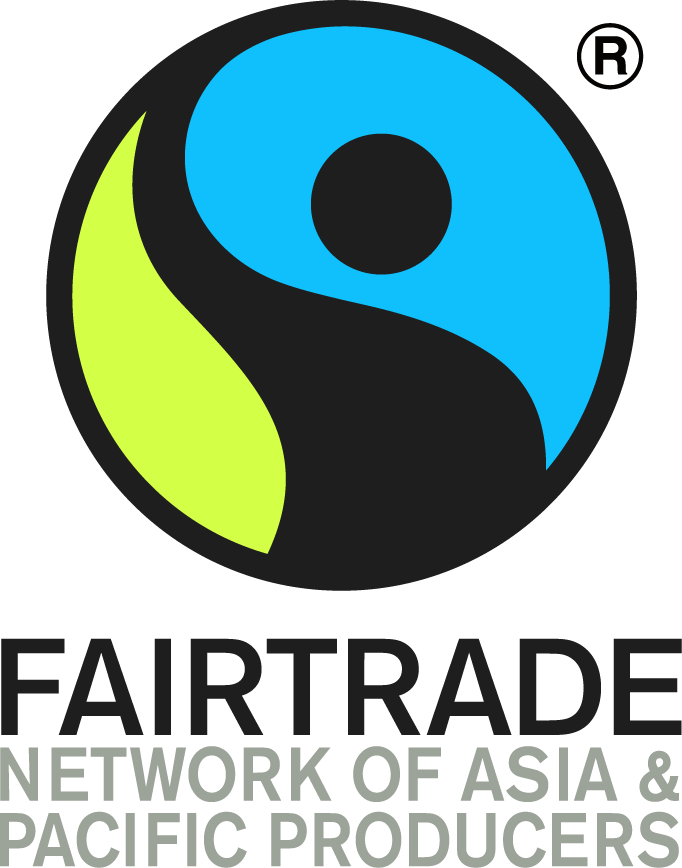Fairtrade NAPP works for a better climate and environment
Climate change and environmental issues are significantly impacting agriculture across the Asia and Pacific region, which is home to more than half of the world’s population and a large proportion of global agricultural production.


Climate change in agriculture is a growing concern in Asia and the Pacific, with farmers facing increasingly unpredictable weather patterns and environmental challenges such as altered rainfall patterns, rising temperatures, droughts, and flooding. These environmental changes threaten food security, reduce crop yields, and increase the vulnerability of smallholder farmers, who are already facing challenges related to poverty and limited resources. Addressing climate change requires concerted efforts to promote sustainable practices and resilience within producer communities.
Rising temperatures in the Asia-Pacific region are negatively affecting crop yields. According to the Asian Development Bank (ADB), average temperatures have risen by 1.2°C since the 1950s, and projections indicate an increase of up to 4.8°C by the end of the century. This has led to reduced yields for staple crops such as rice, maize, and wheat, particularly in South Asia.
Agriculture in the region is heavily reliant on water, and climate change exacerbates water scarcity. The World Bank reports that by 2050, up to 60% of the region's population could face water scarcity, affecting agricultural productivity.
Smallholder farmers, who make up a majority of the agricultural producers in the region, are particularly vulnerable to climate change. The International Fund for Agricultural Development (IFAD) highlights that smallholders face challenges such as crop failures, lower income, and increasing costs due to unpredictable weather patterns. They are less able to adapt due to limited access to resources, insurance, and technology.
How Fairtrade NAPP address climate change environmental challenges across Asia and the Pacific region


-
Support Producer Organizations (POs) with Compliance to Fairtrade Standards
-
Regional Climate Change Mitigation and Adaptation Strategy
-
Targeted Programs and Projects and Awareness Initiatives
-
Advocacy, Partnerships and Collaboration
-
Monitoring and Evaluation
-
Fairtrade Premium Use for Climate Change Initiatives & Environment Conservation
Agroecology
Agroecology and sustainable agriculture prioritise eco-friendly farming practices, promoting environmental health, social fairness and economic viability. Fairtrade is actively promoting the agroecological approach to enhance the sustainability of farming practices. These approaches include crop rotation, organic farming, and natural pest control to reduce reliance on synthetic inputs and enhance biodiversity. Their goal is to build resilient and regenerative food systems.
View Fairtrade's sustainable agriculture policy
